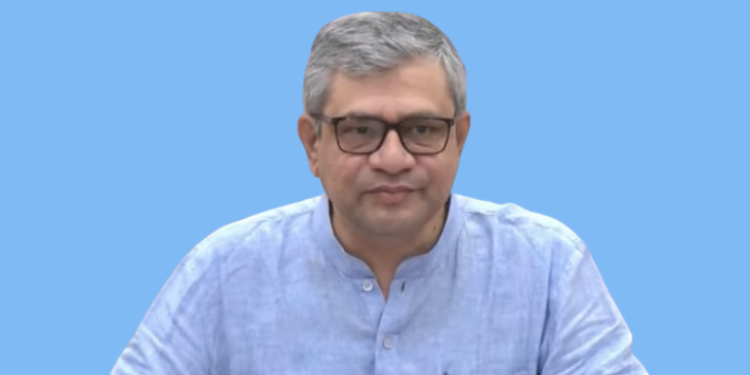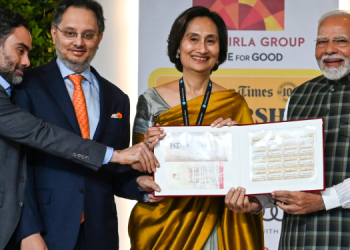New Delhi: On the occasion of National Press Day, Union Minister for Information and Broadcasting, Ashwini Vaishnaw, emphasized the critical need for digital media platforms to take responsibility for curbing fake news and disinformation. Speaking at an event marking the annual celebration of press freedom, Vaishnaw pointed out that the proliferation of unverified content online poses significant challenges to both society and democracy.
“The first challenge we face today is the issue of fake news and disinformation,” Vaishnaw stated. “The digital media landscape is becoming increasingly difficult to navigate due to the lack of verification, where anyone can publish content without accountability. Who takes responsibility for the content being posted on these platforms?” he asked, underscoring the growing concern over the unchecked spread of misinformation.
Re-thinking ‘Safe Harbour’ and Platform Accountability
Vaishnaw raised important questions about the continued relevance of the ‘safe harbour’ provision, which shields digital platforms from liability for user-generated content. Originally formulated in the 1990s, the safe harbour rule has come under scrutiny as online platforms grow in influence. Vaishnaw noted that this debate is currently being discussed globally, suggesting that there needs to be a fresh evaluation of how platforms should be held accountable for the content they host and amplify.
“It is time to reconsider the safe harbour construct, particularly as we see its impact on society,” Vaishnaw said, highlighting the potential dangers of allowing platforms to remain free of liability. “Many riots, acts of terrorism, and threats to democratic processes across the world have been fueled by the failure of platforms to take responsibility for the content they propagate.”
Social Consequences of Fake News and Misinformation
Vaishnaw also highlighted the social consequences of unchecked misinformation, particularly in a country as diverse as India. He pointed out that algorithm-driven platforms tend to prioritize content that generates strong reactions—regardless of whether the content is accurate or not. This algorithmic bias, Vaishnaw warned, could have far-reaching effects on the social fabric, especially in the context of India’s pluralistic society.
“We have seen the dangerous impact of algorithmic bias in various instances. Misinformation can escalate tensions and lead to social unrest. In India, this could have serious consequences,” the minister said.
Traditional Media Under Pressure
In addition to addressing the challenges posed by digital platforms, Vaishnaw also acknowledged the financial pressures faced by traditional media as consumption continues to shift toward digital platforms. He expressed concern about the growing power imbalance between digital platforms and traditional news organizations, which are increasingly struggling to compete for ad revenue.
“Digital platforms are undermining significant investments made by media houses in editorial processes and news verification,” Vaishnaw said, stressing that traditional media outlets are at a disadvantage due to the disproportionate bargaining power of digital giants.
Intellectual Property and AI Concerns
Further complicating the issue, the minister raised concerns about the role of artificial intelligence (AI) in content creation and its potential impact on intellectual property rights. With AI-generated content becoming more prevalent, Vaishnaw questioned whether creators are being fairly compensated or even credited for their work. He stressed the importance of safeguarding intellectual property in an increasingly digital and automated world.
“As AI continues to shape the future of content creation, we must ensure that creators’ rights are protected and they are appropriately acknowledged and compensated for their contributions,” Vaishnaw said.
A Call for Reform
Vaishnaw’s comments come at a time when the global debate around regulating digital media platforms is intensifying. While countries across the world grapple with the challenge of balancing freedom of speech with the need for accountability, India is also taking steps to address these issues through legislation aimed at curbing the spread of harmful content and holding platforms accountable.
“We must adapt to the unique challenges of our society. With the diverse social, cultural, and political landscape of India, platforms must assume greater responsibility, especially when their content impacts public safety, harmony, and democratic processes,” Vaishnaw concluded.

















